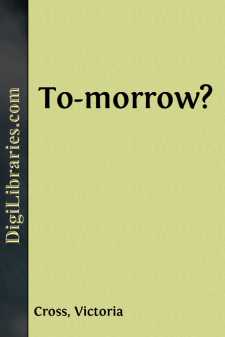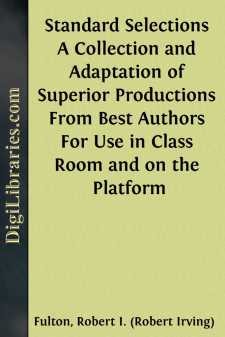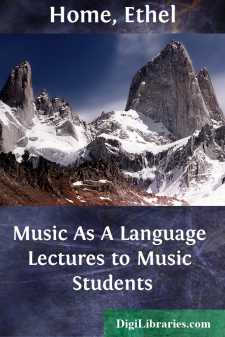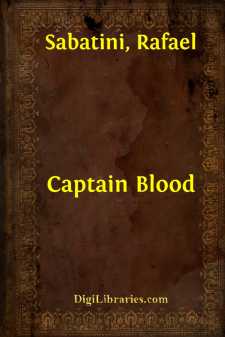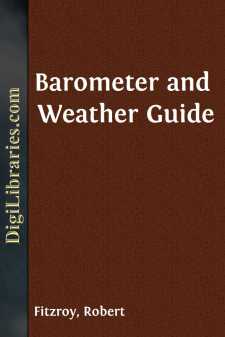Categories
- Antiques & Collectibles 13
- Architecture 36
- Art 48
- Bibles 22
- Biography & Autobiography 813
- Body, Mind & Spirit 142
- Business & Economics 28
- Children's Books 17
- Children's Fiction 14
- Computers 4
- Cooking 94
- Crafts & Hobbies 4
- Drama 346
- Education 46
- Family & Relationships 57
- Fiction 11829
- Games 19
- Gardening 17
- Health & Fitness 34
- History 1377
- House & Home 1
- Humor 147
- Juvenile Fiction 1873
- Juvenile Nonfiction 202
- Language Arts & Disciplines 88
- Law 16
- Literary Collections 686
- Literary Criticism 179
- Mathematics 13
- Medical 41
- Music 40
- Nature 179
- Non-Classifiable 1768
- Performing Arts 7
- Periodicals 1453
- Philosophy 64
- Photography 2
- Poetry 896
- Political Science 203
- Psychology 42
- Reference 154
- Religion 513
- Science 126
- Self-Help 84
- Social Science 81
- Sports & Recreation 34
- Study Aids 3
- Technology & Engineering 59
- Transportation 23
- Travel 463
- True Crime 29
Sort by:
by:
Victoria Cross
CHAPTER I. "REJECTED! rejected!" I crushed the letter spasmodically in my hand as I walked mechanically up and down the length of the dining-room, a rage of anger filling my brain and the blood thundering in my ears. "Rejected! and that not for the first time. Another year and a half's work flung away—simply flung away, and I am no nearer recognition than ever. Incredible it seems...
more...
The Roman Empire in the first century presents the most revolting picture of mankind to be found in the pages of history. Society founded on superior force, on the most barbarous cruelty, on crime and mad profligacy, was corrupt beyond the power of words to describe. Rome ruled the world, but was also its ulcer, and the horrible monster, Nero, guilty of all hideous and revolting crimes, seems a fit...
more...
INTRODUCTION Christianity is differentiated from all the other religions by the fact that it offers its followers a spiritual dynamic in living up to its precepts. That dynamic is the Holy Spirit, that sets the word of God on fire, warms the church from coldness to enthusiasm, and strengthens the Christian with a power not his own in the great battle between the flesh and the spirit. Christianity is...
more...
by:
Ethel Home
CHAPTER I THE TRAINING OF THE MUSIC TEACHER Let us consider the case of a young girl who has finished her school education, and has supplemented this by a special course of technical work in music, which has ended in her taking a musical diploma. She now wishes to teach. What are the chief problems which she will have to face? She must first of all make up her mind whether she wishes to confine her...
more...
by:
Rafael Sabatini
CHAPTER I. THE MESSENGER Peter Blood, bachelor of medicine and several other things besides, smoked a pipe and tended the geraniums boxed on the sill of his window above Water Lane in the town of Bridgewater. Sternly disapproving eyes considered him from a window opposite, but went disregarded. Mr. Blood's attention was divided between his task and the stream of humanity in the narrow street...
more...
by:
Robert Fitzroy
PREFACE. Many persons have advocated placing barometers at exposed fishing villages; and the Board of Trade has sanctioned the principle of some assistance by Government to a limited extent, depending on the necessity of each case, and other contingencies, such as the care, publicity, and setting of the barometers. It was thought advisable to substitute a few words on the scales of these instruments in...
more...
by:
Eleazar Lord
CHAPTER I. Reasons for examining the Hebrew Records of the Messiah. It is said of the Messiah, in a discourse with two of his disciples, that âBeginning at Moses, and all the prophets, he expounded unto them in all the Scriptures, the things concerning himself.â And subsequently: âThese are the words which I spake unto you while I was yet with you, that all things must be fulfilled which...
more...
I Arthur Burdon and Dr Porhoët walked in silence. They had lunched at a restaurant in the Boulevard Saint Michel, and were sauntering now in the gardens of the Luxembourg. Dr Porhoët walked with stooping shoulders, his hands behind him. He beheld the scene with the eyes of the many painters who have sought by means of the most charming garden in Paris to express their sense of beauty. The grass was...
more...
by:
Emile Gaboriau
CHAPTER I. On Thursday, the 6th of March, 1862, two days after Shrove Tuesday, five women belonging to the village of La Jonchere presented themselves at the police station at Bougival. They stated that for two days past no one had seen the Widow Lerouge, one of their neighbours, who lived by herself in an isolated cottage. They had several times knocked at the door, but all in vain. The...
more...
PREFACE. In preparing this little treatise, I have tried to put the truths of Political Economy into a form suitable for elementary instruction. While connected with Owens College, it was my duty, as Cobden Lecturer on Political Economy, to instruct a class of pupil-teachers, in order that they might afterwards introduce the teaching of this important subject into elementary schools. There can be no...
more...


